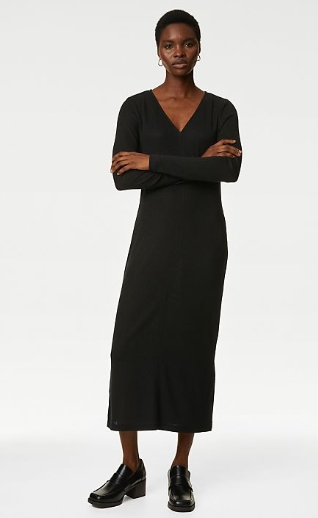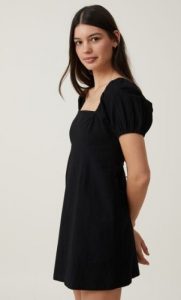
In the world of fashion and retail, a frequently asked question is, Why are women's clothes more expensive than men's? This question has been the subject of numerous debates, studies, and discussions, yet the answer remains elusive to many. This article aims to delve into the intricacies of this pricing disparity and shed light on the factors contributing to the higher cost of women's clothing.
The first factor to consider is the 'Pink Tax.' This term refers to the additional cost women often pay for certain products or services, including clothing. A study by the New York City Department of Consumer Affairs found that women's clothes were priced 8% higher than men's. This discrepancy is not due to any substantial differences in the production process or materials used but is often attributed to gender-based pricing.
Secondly, the fashion industry's perception of women as more fashion-conscious and willing to spend more on clothing plays a significant role in this pricing disparity. Women's fashion is often seen as more complex, with a wider variety of styles, cuts, colors, and sizes. This complexity often translates into higher production costs, which are then passed on to the consumer.
Additionally, the cost of designing women's clothing is typically higher. Women's fashion trends change more frequently than men's, requiring designers to constantly innovate and produce new styles. This rapid turnover of designs adds to the overall production cost, contributing to the higher price tag on women's clothing.
Another factor is the quality and detail of women's clothing. Women's clothes often feature more intricate designs, delicate fabrics, and detailed embellishments, all of which require more labor and materials to produce. This higher level of craftsmanship and detail is reflected in the price.
Lastly, marketing and advertising costs for women's clothing are generally higher. The women's fashion industry spends significantly more on advertising campaigns, fashion shows, and celebrity endorsements, which are all costs that are factored into the final price of the product.
While these factors provide some insight into why women's clothes are more expensive than men's, it's important to note that this is not a universal rule. There are brands and retailers that price their men's and women's clothing equally, and others that offer more affordable options for women.
In conclusion, the higher cost of women's clothing is a complex issue influenced by a variety of factors, including gender-based pricing, the complexity of women's fashion, design costs, quality and detail, and marketing expenses. As consumers, it's crucial to be aware of these factors and make informed decisions when purchasing clothing.


